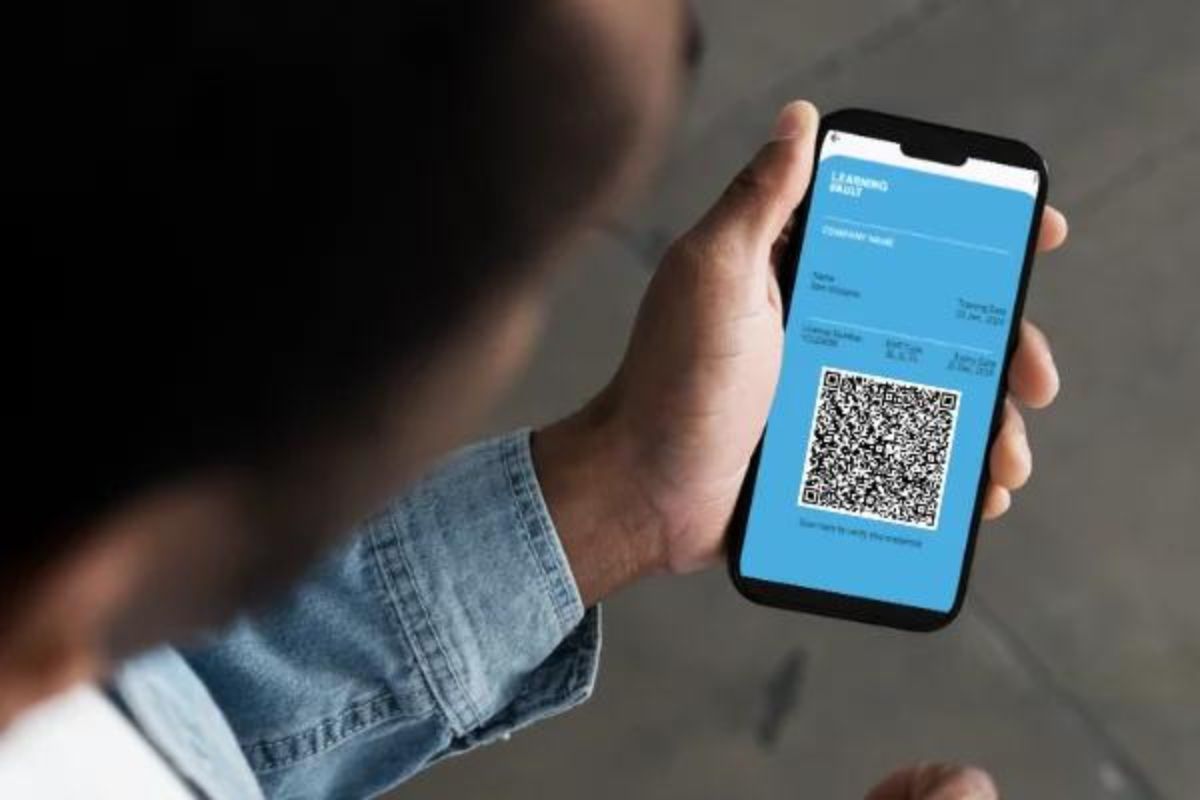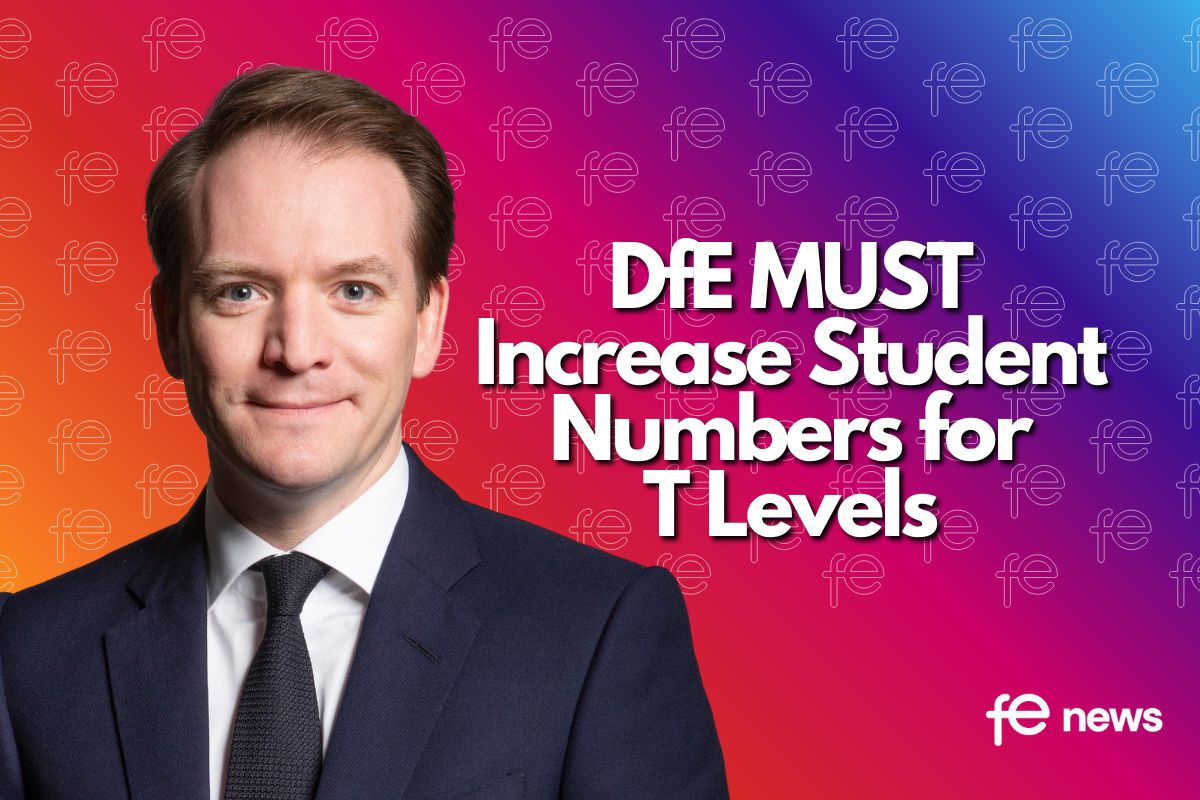Global momentum for Digital Skills Wallets: Digital Credentials leading the way in Australia and the UK

As governments worldwide adapt to changing workforce demands and the trend towards skills-based hiring practices, the idea of a national Digital Skills Wallet is gaining momentum. These digital repositories hold and track an individual’s data, skills, qualifications, and checks in the form of digital credentials, offering a standardised and easily verifiable solution for the modern job market.
Australia is leading in this digital innovation. The Albanese government has been discussing the implementation of a National Skills Passport, which will allow individuals to collect and manage their data, qualifications, and licenses in a verifiable and machine-readable format. Additionally, the New South Wales (NSW) state government is piloting a Digital ID and Digital Wallet. This system will not only hold the already digital NSW driver’s license but also digitise veteran cards and over 80 types of NSW licenses.
Australia’s new digital ID scheme will be funded as part of a $288 million federal investment, with the NSW state government contributing $21.4 million in the 2024-25 NSW Budget to support the Digital ID and Wallet rollout.
Global Expansion and Future Vision
Even though a National Skills Passport has not been explored by previous governments in the UK, there is hope with a new government in charge. On hearing the news that the Labour Party had won the election, the next Prime Minister, Keir Starmer, said, “Change begins now.”
While the new government has already ruled out the introduction of digital ID cards as suggested by former Labour Prime Minister Sir Tony Blair, the UK’s Department for Science, Innovation and Technology (DSIT) is exploring verifiable identification methods. These initiatives are revolutionising pre-employment checks, rent eligibility, and criminal record verifications, setting new standards for privacy and security.
Why do we not verify skills the same way?
The new government will establish Skills England to bring together businesses, training providers, and unions with national and local governments to ensure we have the highly trained workforce needed to deliver Labour’s Industrial Strategy. Skills England already functions as an information architecture connecting employers’ needs with regional skills in demand. A Digital Skills Passport/Wallet could be the next step in such an architecture, which would empower learners, workers, and employers in the talent marketplace.
Enter Digital Credentials
Learning Vault, a global leader in digital credentialing technology, is contributing to these new workforce trends. The UK and Australia-based company has successfully built, implemented and launched a first-of-its-kind digital skills passport solution for the Australian state government of New South Wales and their Industry Skills Accelerator project, empowering thousands to upskill, manage and share their skills in the form of digital, verifiable credentials.
Learning Vault’s CEO and Co-founder Nicholas Robert Alderdice says,
“We are big advocates for a more learner/worker-centred approach to education. Upskilling our future workforce with the skills to meet the demands of the job market is one thing, but we’ve now provided those learners with a dynamic and secure method of skills verification to use and trade those skills in the job market”.
Learners who participated in the program have received, stored and used their digital credentials since June 2023. From July 2024, the pilot transitioned into a commercial model known as the Industry Skills Accelerator, offering industry-led upskilling micro-credentials recognised through verifiable digital credentials.
In the UK, Learning Vault is working closely with the NCFE, OCN London, and Newham College, together supporting learners in a dynamic, skills-based economy.
Their digital credentialing architecture, being globally compliant and interoperable, allows learners and job seekers to hold full agency over their ID and skills data in a verifiable, secure yet mobile format. This new way of skills recognition empowers recipients to track their learning progression towards a certain career goal, find employment, and control their data in a tamper-and future-proof format.
Learning Vault’s newest innovation Talent Vault functions as a digital recruitment platform automatically matching a candidate’s digital credentials with career and employment opportunities, revolutionising how we recognise skills and empowering employers as they transition to current skills-based hiring trends.











Responses